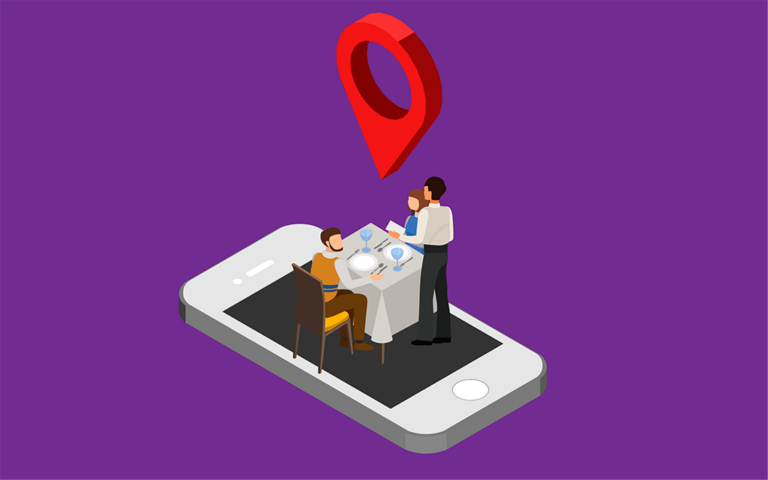How to use Online Training for Multiple Locations in Hospitality?

For multi-location hospitality businesses that have staff distributed over multiple branches, locations or even countries, implementing an efficient training program is not only a necessity but it can be extremely challenging. It’s also one of the main reasons behind the increasing trend in online training being used in the hospitality sector.
The thing about online training is that it can be regulated from a centralised point. It means a business can then provide more uniform training content to its employees. It’s how the large hotels, bars and restaurant chains always manage to maintain the same high service levels and standards no matter where you are e.g. McDonald’s, KFC, Hilton Hotels, Travelodge, TGI Fridays, Wetherspoons etc.
Without a centralised training system:
- How can you confirm that all employees are learning the same things at the same level of proficiency across multiple locations?
- How can you be sure that your service levels and quality standards are being correctly communicated and understood across multiple locations?
The only way you can efficiently deliver the correct training to the people who need it and prove they’ve understood it is through using an LMS that captures and validates training outcomes.
With an LMS in place, you can assign and track employee training and access results remotely.
1. Why use LMS for training in the Hospitality Sector?
Increasingly, hospitality businesses are incorporating mobile technology into their employee training programs. Content, such as e-learning modules and video content is made available on mobile devices and is more easily accepted and consumed by employees within the sector.
There are several other compelling reasons why so many companies are turning to eLearning such as:
- It’s cost-effective and time-effective and studies show 80% of training is taken outside work hours
- It provides brand consistency and maintains customer service levels across locations
- It’s sustainable, scalable and can be driven from a centralised location
- It’s emerging to be a proven form of training that is MORE effective than live training classes
Delivering training using LMS means huge savings on training materials. Instead of going to the expense of printing out content, shipping content, and storing the content across multiple locations, the content can simply be uploaded locally (or by the LMS provider) and courses can be assigned to employees who are notified. The training can then be taken on a mobile device already owned by the employee at a fraction of the cost of classroom training.
2. How does LMS ensure service level consistency in the Hospitality Sector?
A major reason for implementing online training programs is to ensure service level consistency across multiple locations. For strong hospitality brands, restaurant food, room presentation and bar service etc. should be consistent and the same standard in one business location just as it is in another.
It’s what the food franchise and hotel chain models are built on. If your customers are not locally impressed with the service, food preparation or the levels of service you are providing then it will be perceived as being standard across your business and offer a bad reflection. With so much choice on offer in the hospitality sector, consumers value and prefer consistency across a brand and its locations.
Due to the rise of smartphone and tablet technology, it’s now easier than ever for hospitality businesses to ensure that the relevant training content is being provided to every employee in each location and that it can be validated and correctly applied.
3. How does LMS provide Hospitality Compliance Training
Mobile technology elevates your training delivery to the next level. Conducting compliance training on mobile devices is extremely cost-effective, efficient and convenient. The employee can fit the training into their own busy schedule (on days off), while out on the road, or even out in the field. They can take their training via their mobile device anytime, anywhere.
More importantly, your employees can take the online training where it will be applied for example if they are learning how to use new kitchen equipment they can take their mobile device with them to compare what’s on the screen with what’s in front of them.
Conclusion
With potentially hundreds of hospitality employees across multiple locations using the LMS to access training content, there will undoubtedly be different opinions and interpretations of the material being provided.
If part of the training isn’t quite working in one location, employees at another location may have the solution. By adopting this collaborative approach your workforce will be creating its own best practices and your content can be fine-tuned.
Using the LMS also helps to eliminate a lot of the red tape encountered in the workplace, streamline the training process and empower your workers to embrace and be part of the process instead of just another cog in the machine.

